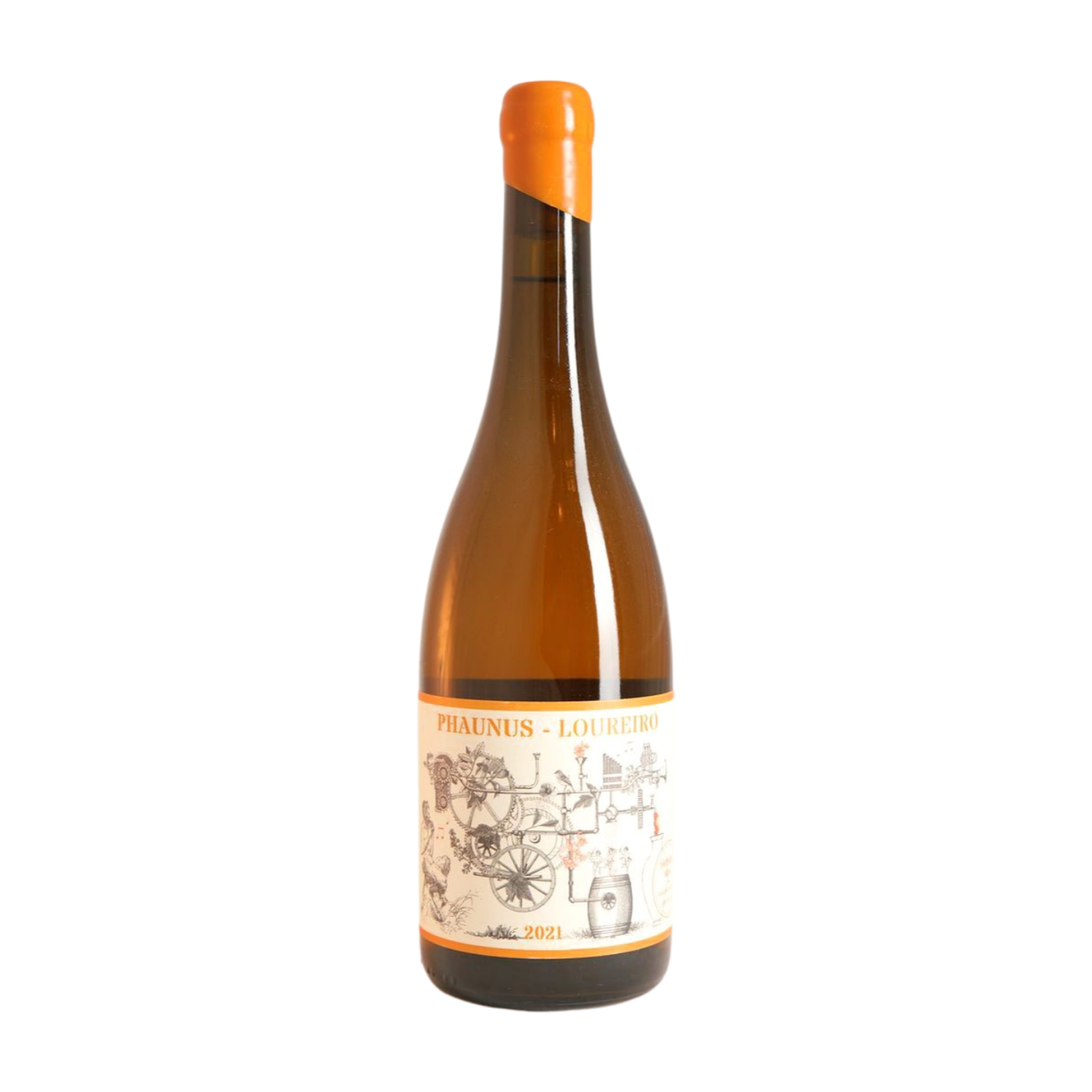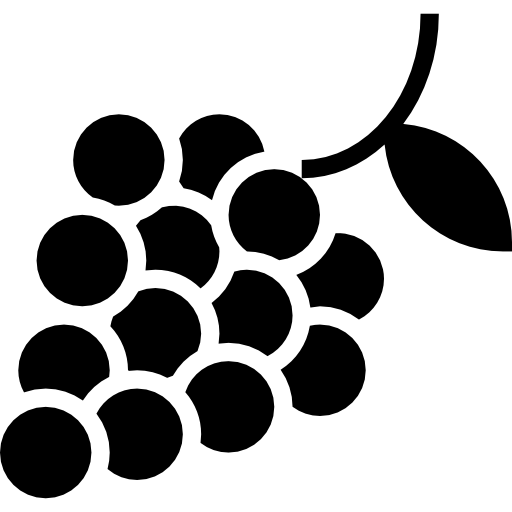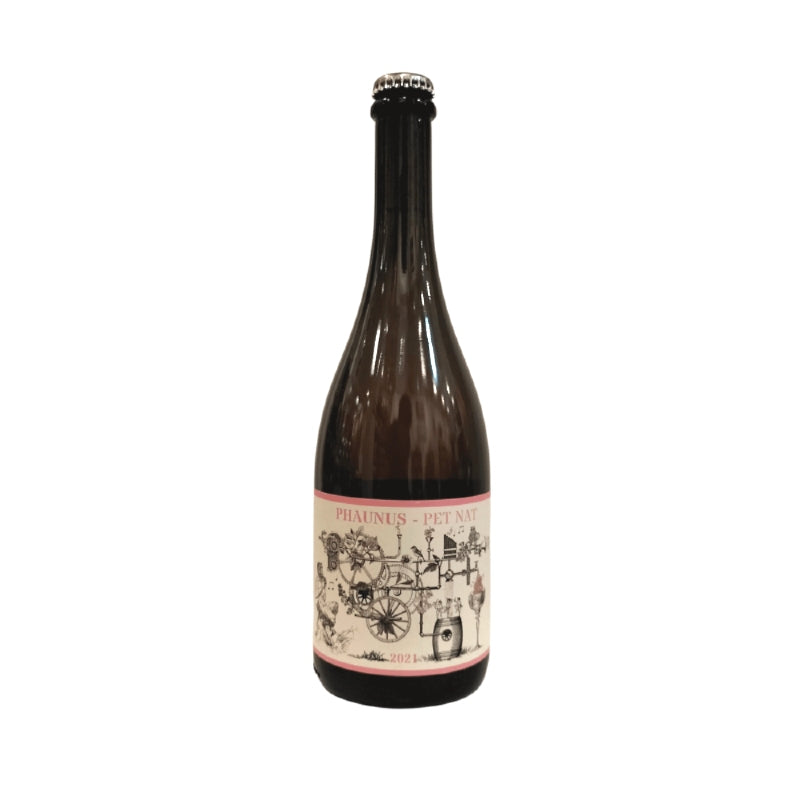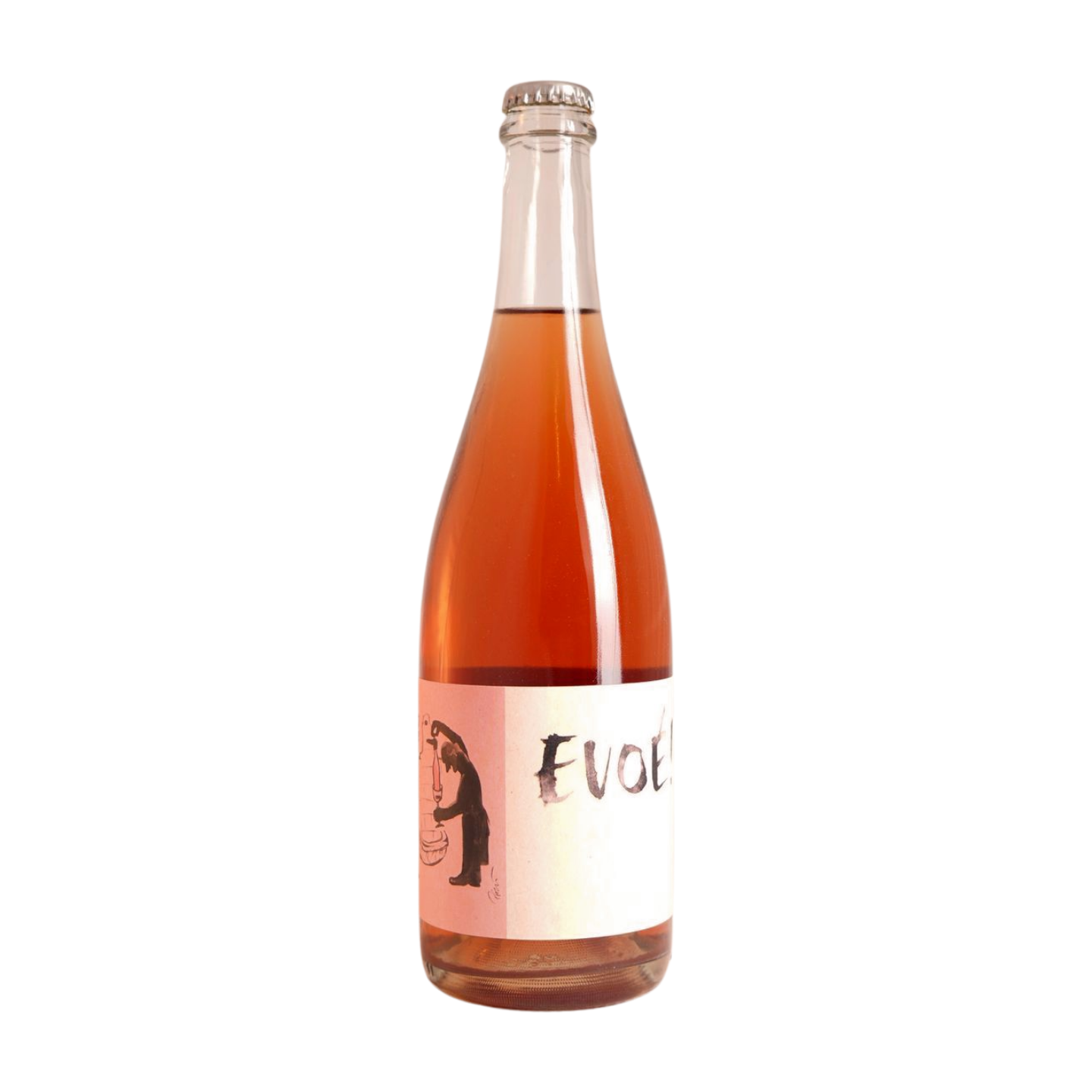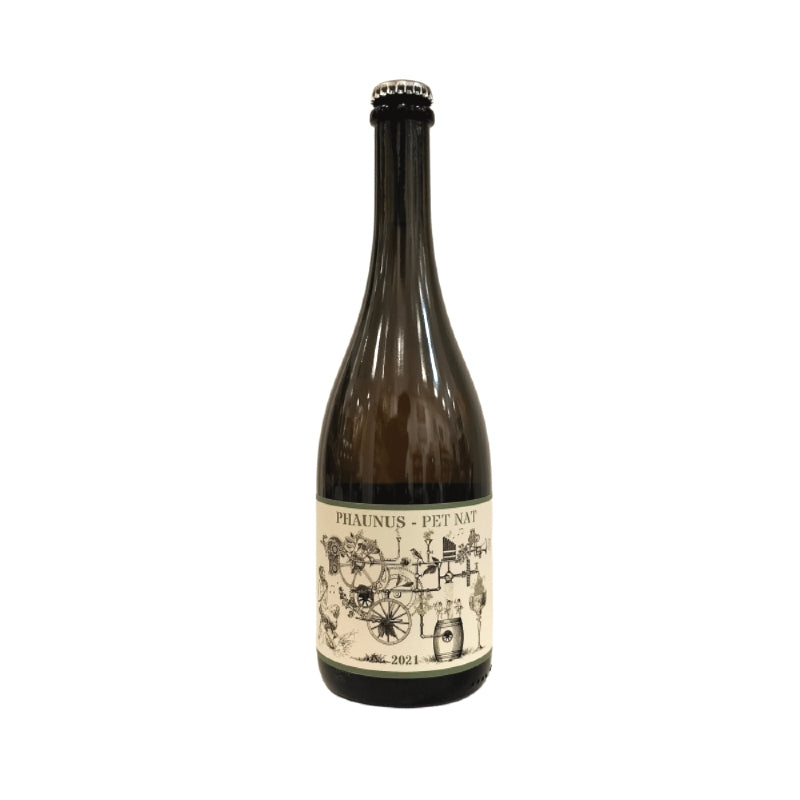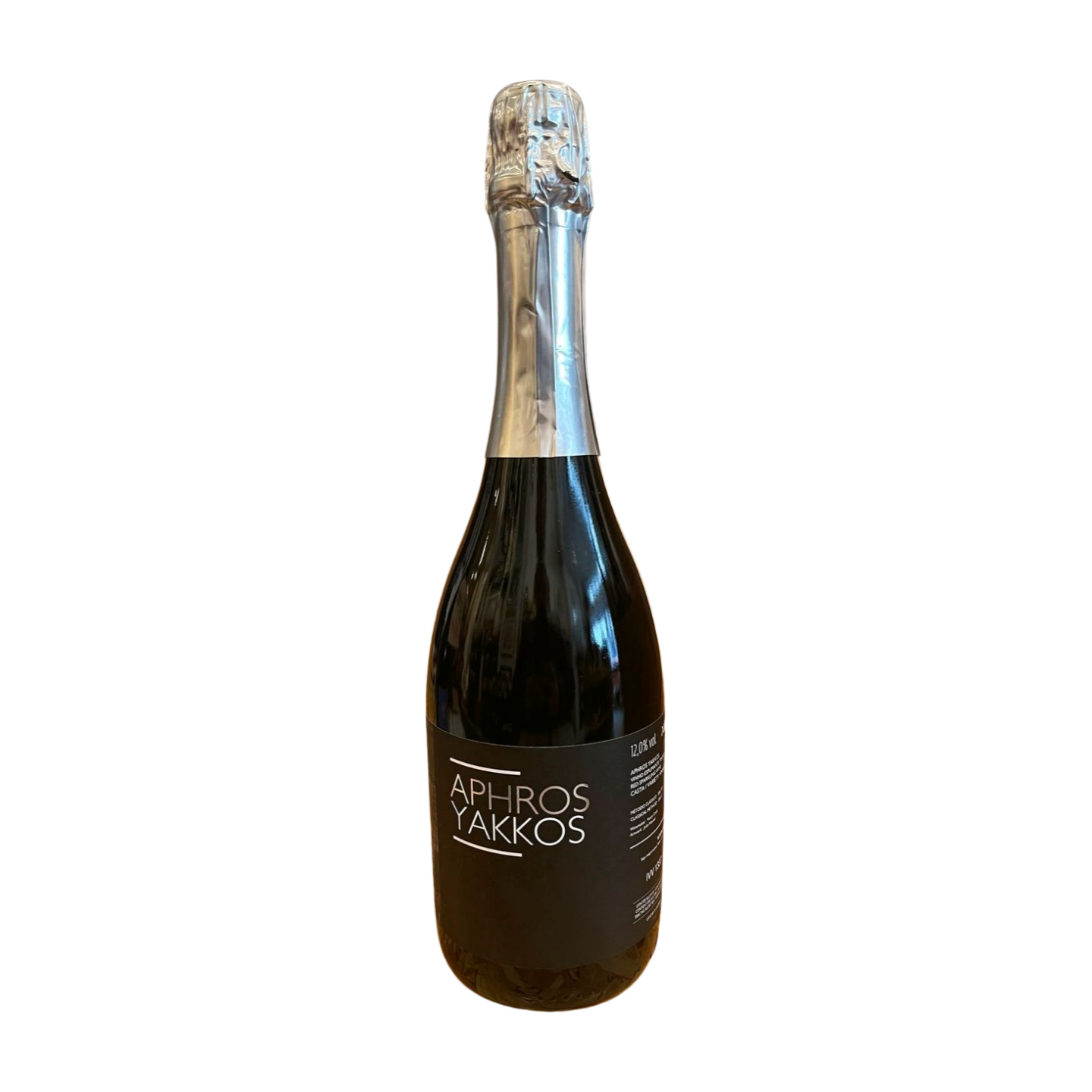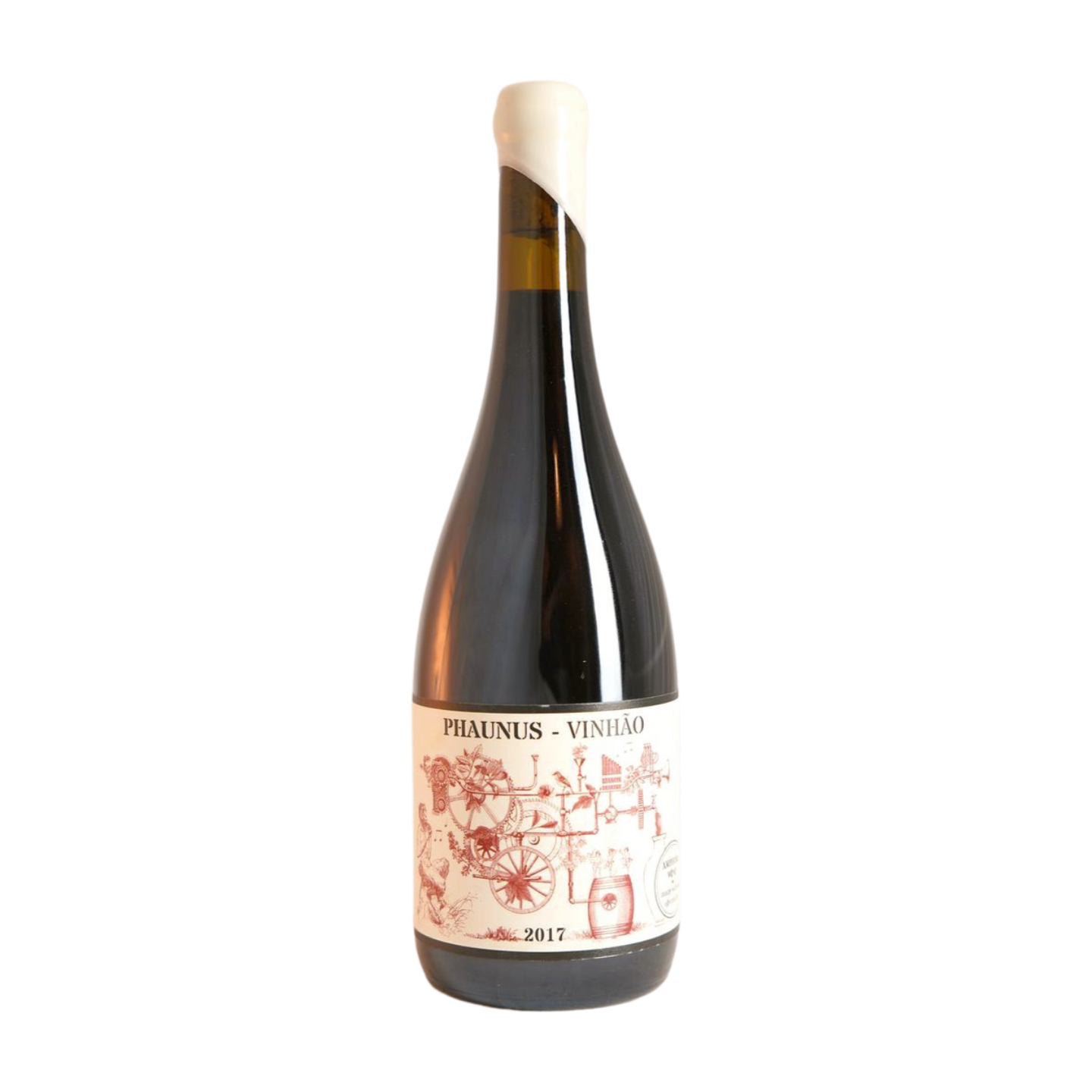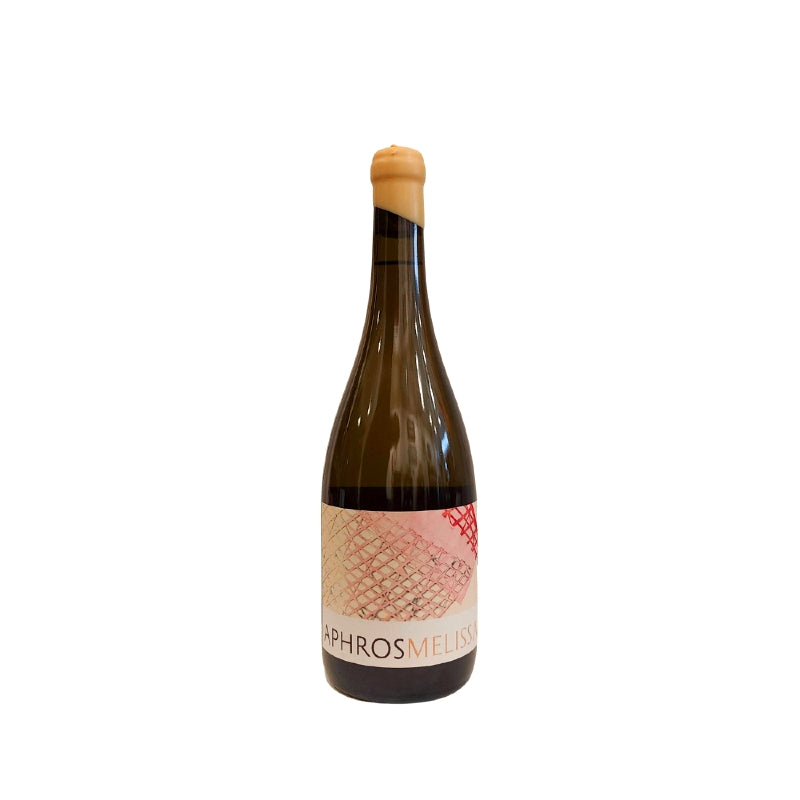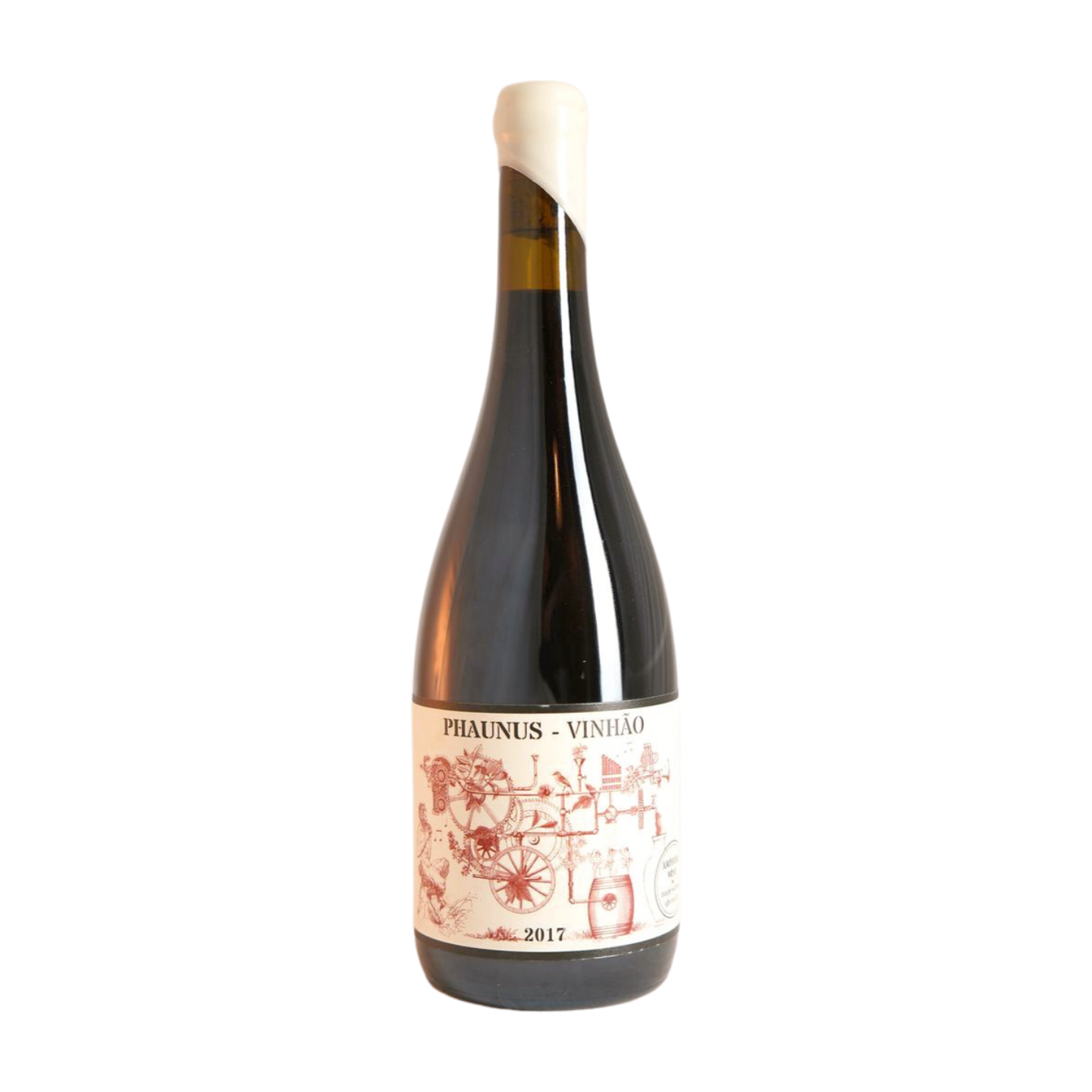A white wine from the Vinho Verde region, representing a unique expression of the Loureiro grape. Vasco Croft, a pioneer of biodynamic viticulture in Portugal, leads the winemaking team. The viticulture for this wine is rooted in biodynamic farming, a holistic and sustainable approach that views the farm as a self-contained ecosystem. The vineyards are cultivated without chemical pesticides, herbicides, or fertilizers. The specific terroir is composed of granite soils, which impart a distinct mineral character to the wine.
The production of Phaunus Amphora Loureiro adheres to a minimal intervention philosophy. After a gentle, pneumatic pressing of the grapes, the must is transferred to amphorae. Fermentation occurs spontaneously, driven by native yeasts, in these traditional clay vessels. The wine remains in contact with its fine lees for approximately six months within the amphorae, which are buried in the ground to maintain temperature stability. This extended aging on lees in a porous vessel contributes to the wine's texture and complexity. The wine is bottled without filtration or the addition of sulfites.
Tasting notes for Phaunus Amphora Loureiro describe a wine with an intriguing aromatic profile. The nose presents aromas of yellow fruit, beeswax, honey, and subtle vegetal notes. The wine is full-bodied, fresh, and exceptionally dry on the palate, with a noticeable tannic grip and a savory, saline finish. It has a slightly bitter and persistent aftertaste. This wine is a complex and textural expression of Loureiro, demonstrating a profound sense of place and the influence of its specific production method.
